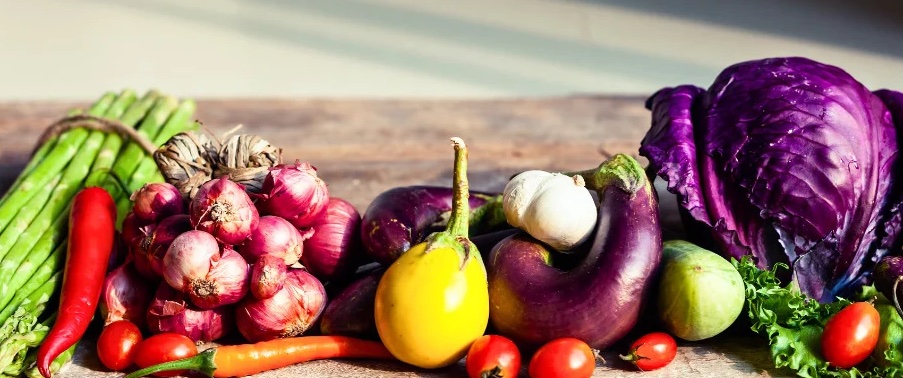Food waste worldwide is an alarming issue. That is why on the last Wednesday in April, Stop Food Waste Day raises awareness of the growing concern of food waste.
#StopFoodWasteDay
According to the USDA, Americans waste between 30-40 percent of the food supply. That is near or more than the worldwide estimate of 1/3 of the world’s consumable waste. Additionally, food waste occurs for many reasons all along the food chain.
- Lack of workers to harvest
- Quality expectations
- Weather
- Overproduction
- Faulty equipment
- Poor planning
- Overbuying
- Over preparing
These are only a few reasons that add up to millions of tons of food waste. Stop Food Waste Day addresses all the factors and brings increased awareness to the world. The United Nations’ Food and Agriculture Organization estimates that nearly half of food waste happens before it even reaches the consumer. So, everyone along the food chain has a responsibility to help reduce it. That means, from farm to table and everywhere in between, we have work to do. Some of the solutions include:
- Improved weather forecasts, so farmers know what to grow and when.
- Improved storage facilities so that distributers and markets can preserve food longer.
- Reduced production where possible.
- An improved understanding of food quality and a loosening of those standards.
- Preparing smaller meals.
- Teaching consumers how to use leftovers in soups, casseroles, and stir-fries.
- Learning how to preserve meals at home.
- Begin composting the incidental waste to improve home production and commercial production.
Food waste is everyone’s problem, whether we realize it or not. Join the movement to reduce food waste. Follow these tips for reducing food waste:
At home:
- Purchase and prepare only the amount of food you need to feed your family.
- Discover new recipes that allow you to makeover leftovers.
- Learn how to preserve food.
- If you buy in bulk, consider donating excess to local shelters.
- Understand the use by and best by dates.
In your community or business:
- Speak to your local grocers about changing their damaged fruit and vegetable policies. Those pristine-looking bins full of blemish-free fruits and vegetables shouldn’t be the standard anymore.
- Shop farmer’s markets, local food stands, and food co-ops.
- Create or participate in a donation program.
- Promote neighborhood composting.
- Educate your employees about best food practices.
- Develop a partnership with area farmers and feed the animals.
HOW TO OBSERVE STOP FOOD WASTE DAY
- Share your tips and tricks to avoid food waste.
- Try a new recipe that repurposes leftovers.
- Give a shout-out to restaurants and businesses that use smart food practices.
- Learn more about food waste, the causes, and how to prevent it.
- Watch documentaries about food waste such as:
- Just Eat It, directed by Grant Baldwin
- Wasted! The Story of Food Waste, directed by Nari Kye and Anna Chai
- Expired! Food Waste in America, directed by Rebecca Richman Cohen
- Read about food waste in books like:
- The Waste Not, Want Not Cookbook by Cinda Chavich
- In Defense of Food: An Eater’s Manifesto by Michael Pollan
- Join the conversation and use #StopFoodWasteDay on social media.

